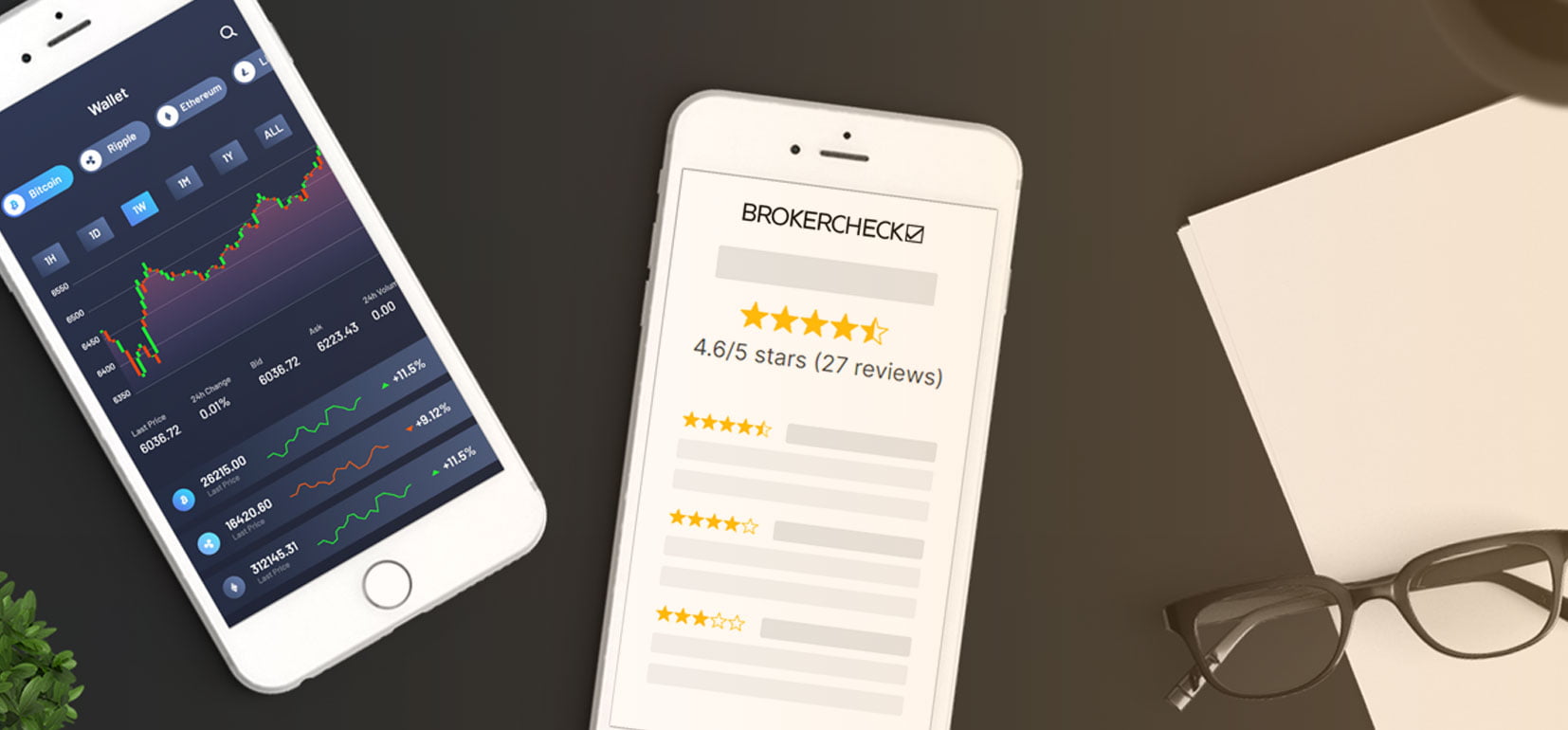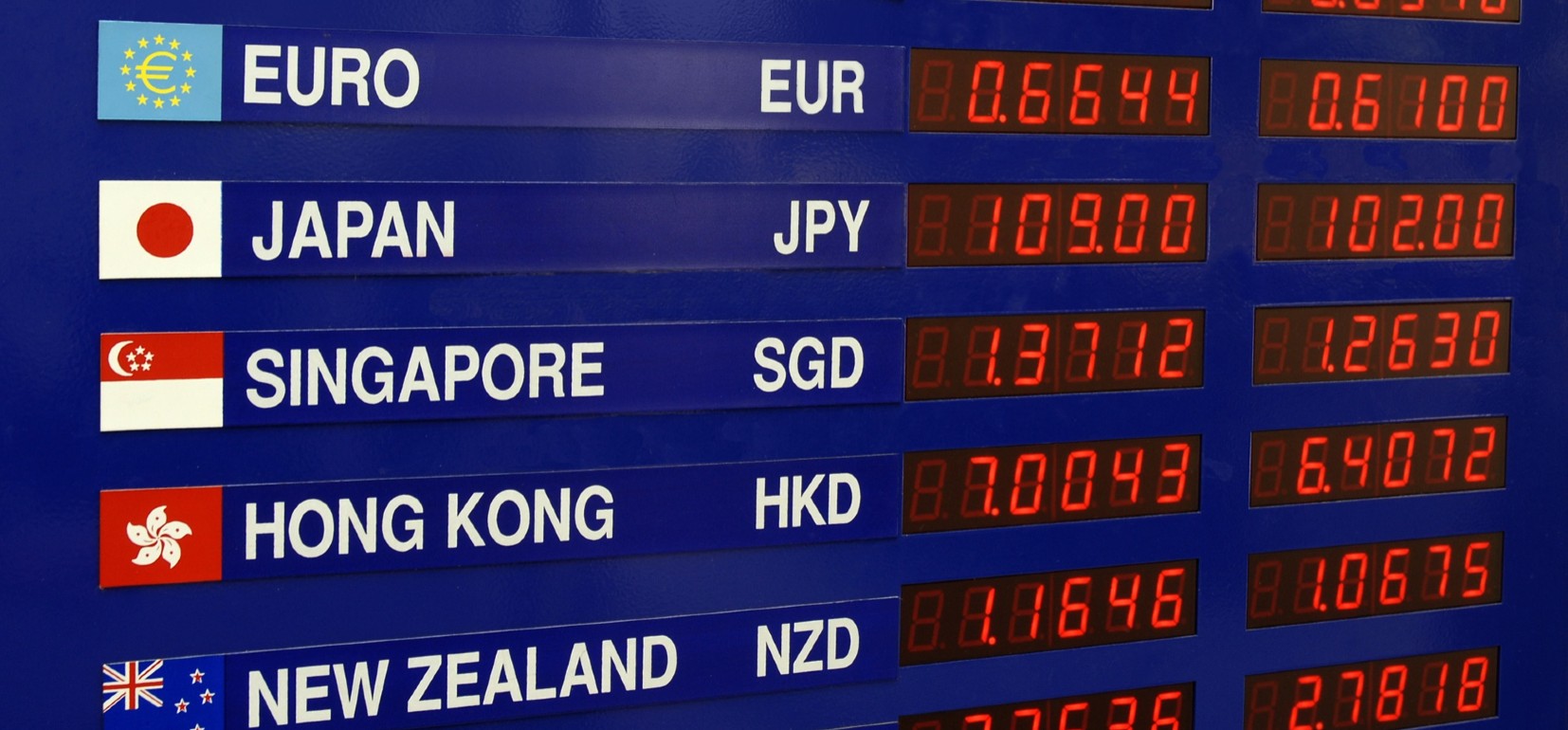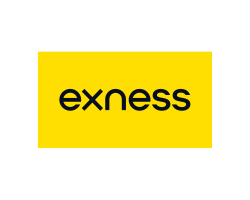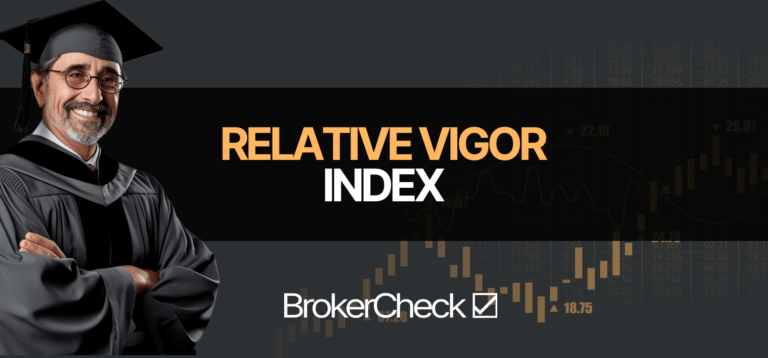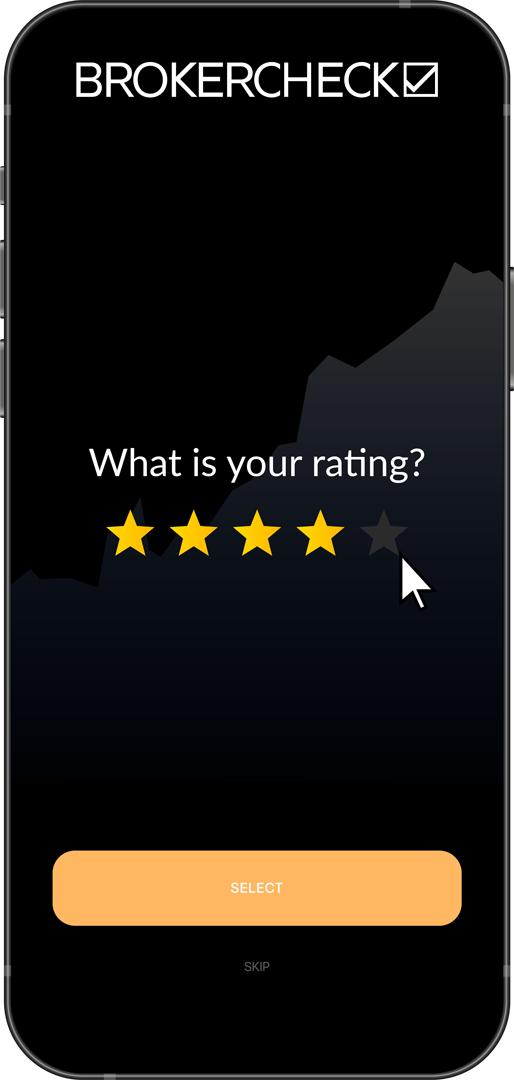What is Forex
Forex, also known as foreign exchange or FX, is the process of exchanging one currency for another. It is one of the largest and most liquid financial markets in the world, with a daily trading volume of over $5 trillion.
In the forex market, currencies are traded in pairs. For example, you might buy one unit of the US dollar (USD) using British pounds (GBP), or you might sell Japanese yen (JPY) for Canadian dollars (CAD). The value of a currency is determined by the demand for it, based on a variety of factors such as the country’s economic performance, political stability, and interest rates.
Forex traders can speculate on the price movements of different currencies, buying a currency when they think it will increase in value and selling it when they think it will decrease in value. They can also use forex trading as a hedge to protect against currency risks in other investments.
Forex trading is usually done through a broker or a financial institution. It is important for traders to have a good understanding of the market and the factors that can affect currency values, as well as the use of risk management techniques to minimize the potential for loss.
Forex markets are open 24 hours a day, five days a week, allowing traders to speculate on the price movements of different currencies. In the forex market, currencies are traded in pairs, and the value of a currency is determined by the demand for it based on a variety of factors, such as the country’s economic performance, political stability, and interest rates.
How does the Forex market work?
The forex market is a decentralized market, meaning that there is no central exchange where trades take place. Instead, currencies are traded through a network of banks, dealers, and brokers.
When you trade forex, you are buying and selling currencies. For example, if you buy the EUR/USD currency pair, you are buying the euro and selling the US dollar. If you think the value of the euro will increase against the value of the US dollar, you would buy the EUR/USD pair. If you think the value of the euro will decrease against the US dollar, you would sell the EUR/USD pair.
The value of a currency is determined by the demand for it, which is influenced by a variety of factors such as the country’s economic performance, political stability, and interest rates. When the demand for a particular currency increases, its value will also increase, and when demand decreases, its value will decrease.
Forex traders can use a variety of tools and techniques to analyze the market and make informed decisions about their trades. These tools include technical analysis, fundamental analysis, and risk management strategies.
It is important to note that forex trading involves significant risk and is not suitable for all investors. It is important for traders to understand the market and use risk management techniques to minimize the potential for loss.
What is a base currency and quote currency
In the forex market, currencies are traded in pairs. The first currency in a currency pair is called the base currency, and the second currency is called the quote currency.
For example, in the EUR/USD currency pair, the euro (EUR) is the base currency and the US dollar (USD) is the quote currency. If you buy the EUR/USD pair, you are buying the base currency (euro) and selling the quote currency (US dollar). If you sell the EUR/USD pair, you are selling the base currency (euro) and buying the quote currency (US dollar).
The value of the base currency is expressed in terms of the quote currency. For example, if the EUR/USD exchange rate is 1.20, it means that one euro is worth 1.20 US dollars.
When the value of the base currency increases against the value of the quote currency, the exchange rate will rise. For example, if the EUR/USD exchange rate increases from 1.20 to 1.25, it means that the value of the euro has increased against the US dollar. Conversely, if the value of the base currency decreases against the value of the quote currency, the exchange rate will fall.
It is important for traders to understand the base currency and quote currency in a currency pair, as this will affect the profit or loss they make on a trade.
What or who moves forex prices
There are a variety of factors that can affect the prices of currencies in the forex market. These include economic indicators, political events, and central bank policies.
Economic indicators, such as gross domestic product (GDP), employment levels, and inflation, can have a significant impact on the value of a currency. When a country’s economy is performing well, its currency may become more valuable, while a struggling economy may lead to a weaker currency.
Political events and developments, such as elections, wars, and natural disasters, can also have an impact on currency prices. For example, if a country is experiencing political instability, its currency may become less desirable, leading to a decline in value.
Central bank policies, such as interest rate changes and quantitative easing, can also affect the value of a currency. For example, if a central bank raises interest rates, it may lead to an increase in demand for that currency, resulting in an appreciation in value.
In addition to these factors, the supply and demand for a particular currency can also affect its price. When there is high demand for a currency, its value may increase, while low demand may lead to a decline in value.
Ultimately, the prices of currencies in the forex market are determined by the interactions between these various factors and the traders who are buying and selling the currencies.
Biggest forex market movers
It is difficult to identify a single biggest market mover in the forex market, as the market is influenced by a wide range of factors. Some of the key drivers of the forex market include:
- Economic indicators: Economic data such as gross domestic product (GDP), employment levels, and inflation can have a significant impact on the value of a currency.
- Political events: Political developments, such as elections, wars, and natural disasters, can also affect currency prices.
- Central bank policies: Central banks can influence the forex market through their monetary policy decisions, such as changes to interest rates.
- Market sentiment: The collective mood of market participants can have a significant impact on the direction of the market.
- Supply and demand: The supply and demand for a particular currency can also influence its price.
Ultimately, the forex market is influenced by a combination of these and other factors, and it is difficult to identify a single biggest market mover.
Influence of banks on forex prices
Banks can have a significant influence on the forex market, as they are often among the largest and most active participants in the market.
One way in which banks can influence the forex market is through their role as market makers. Market makers are banks or other financial institutions that stand ready to buy or sell a particular currency at any time, helping to create liquidity in the market. By providing this service, market makers can help to ensure that there is always someone available to take the other side of a trade, which helps to keep the market functioning smoothly.
Banks can also influence the forex market through their trading activities. When a bank buys or sells a large quantity of a particular currency, it can have a significant impact on the price of that currency. This is especially true if the bank is a major player in the market and its trading activities are closely watched by other market participants.
In addition, banks can influence the forex market through their monetary policy decisions, such as changes to interest rates. Interest rate changes can have a significant impact on the value of a currency, as they can affect the attractiveness of a country’s assets to foreign investors.
Finally, banks can also influence the forex market through their research and analysis. By providing market insights and forecasts, banks can help to shape the expectations of market participants and influence the direction of the market.
Influence of institutional money on forex prices
Institutional investors, such as hedge funds, pension funds, and mutual funds, can have a significant influence on the forex market. These investors often have access to large amounts of capital, which allows them to trade in much larger volumes than individual retail traders.
Institutional investors can influence the forex market through their trading activities. When an institutional investor buys or sells a large quantity of a particular currency, it can have a significant impact on the price of that currency. This is especially true if the investor is a major player in the market and its trading activities are closely watched by other market participants.
In addition, institutional investors can influence the forex market through their investment decisions. For example, if an institutional investor decides to invest in a particular country or region, it may lead to an increase in demand for that country’s currency, which could cause its value to appreciate.
Finally, institutional investors can also influence the forex market through their research and analysis. By providing market insights and forecasts, institutional investors can help to shape the expectations of market participants and influence the direction of the market
Influence of central banks on forex
Central banks, such as the Federal Reserve in the United States and the European Central Bank in Europe, can have a significant influence on the forex market. This is because central banks play a key role in monetary policy and have the ability to impact the supply and demand of a particular currency.
One way in which central banks can influence the forex market is through changes to interest rates. Interest rate changes can affect the attractiveness of a country’s assets to foreign investors, which can in turn affect the demand for the country’s currency. If a central bank raises interest rates, it may make the country’s currency more attractive to investors, leading to an appreciation in value. Conversely, if interest rates are lowered, demand for the currency may decrease.
Central banks can also influence the forex market through their intervention in the market. For example, a central bank may choose to buy or sell its own currency in order to influence the supply and demand of the currency and affect its value.
In addition, central banks can influence the forex market through their communication and transparency. By providing clear guidance on their monetary policy objectives and expectations, central banks can help to shape the expectations of market participants and influence the direction of the market.
Influence of retail traders on forex
Retail traders, also known as individual or small traders, can have a limited influence on the forex market compared to larger institutional traders, such as banks and hedge funds. This is because retail traders typically trade in smaller volumes and do not have the same level of access to information and resources as institutional traders.
However, retail traders can still influence the forex market through their collective trading activities. When numerous retail traders are buying or selling a particular currency, it can have an impact on the supply and demand of that currency and affect its price.
In addition, retail traders can also influence the forex market through their participation in social media and online forums, where they can share their market insights and opinions with a large audience.
It is important to note that the forex market is influenced by a wide range of factors, and the influence of retail traders is just one of many variables at play. Retail trading is influencing the forex market the least because it is much, much larger than e.g. a single stock, which is much easier influenced by retail traders.
Supply and demand in forex
Supply and demand is a fundamental concept in economics that refers to the quantity of a particular good or service that is available and the desire of buyers to purchase that good or service. In the forex market, supply and demand dynamics can influence the value of a currency.
If the supply of a particular currency is limited and the demand for it is high, the value of the currency may increase. This is because there are more buyers than sellers, which can drive up the price. Conversely, if the supply of a particular currency is high and the demand for it is low, the value of the currency may decrease.
There are a variety of factors that can influence the supply and demand for a currency in the forex market. These include economic indicators, political events, and central bank policies.
For example, if a country has a strong economy and a stable political environment, it may attract more foreign investment, leading to an increase in demand for the country’s currency. On the other hand, if a country’s economy is struggling and there is political instability, it may discourage foreign investment, leading to a decline in demand for the country’s currency.
In addition, central bank policies, such as changes to interest rates, can also affect the supply and demand for a currency. Higher interest rates may make a country’s currency more attractive to investors, leading to an increase in demand, while lower interest rates may decrease demand.
Understanding supply and demand dynamics in the forex market can be helpful for traders in making informed decisions about their trades.
What are major, minor and exotic forex pairs?
In the forex market, currency pairs are typically categorized as major, minor, or exotic.
Major currency pairs are the most traded and most liquid currency pairs in the forex market. They include:
- EUR/USD (euro/US dollar)
- GBP/USD (British pound/US dollar)
- USD/JPY (US dollar/Japanese yen)
- USD/CHF (US dollar/Swiss franc)
- USD/CAD (US dollar/Canadian dollar)
Minor currency pairs are those that do not include the US dollar as one of the currencies. These pairs are typically less traded and less liquid than major currency pairs. Examples of minor currency pairs include:
- EUR/GBP (euro/British pound)
- GBP/JPY (British pound/Japanese yen)
- EUR/CHF (euro/Swiss franc)
- AUD/NZD (Australian dollar/New Zealand dollar)
Exotic currency pairs are those that include a major currency and a currency from an emerging or smaller market. These pairs are generally less liquid and more volatile than major and minor currency pairs. Examples of exotic currency pairs include:
- EUR/TRY (euro/Turkish lira)
- GBP/ZAR (British pound/South African rand)
- JPY/THB (Japanese yen/Thai baht)
It is important to note that these categories are not fixed and can vary depending on the specific definitions used by different market participants.

